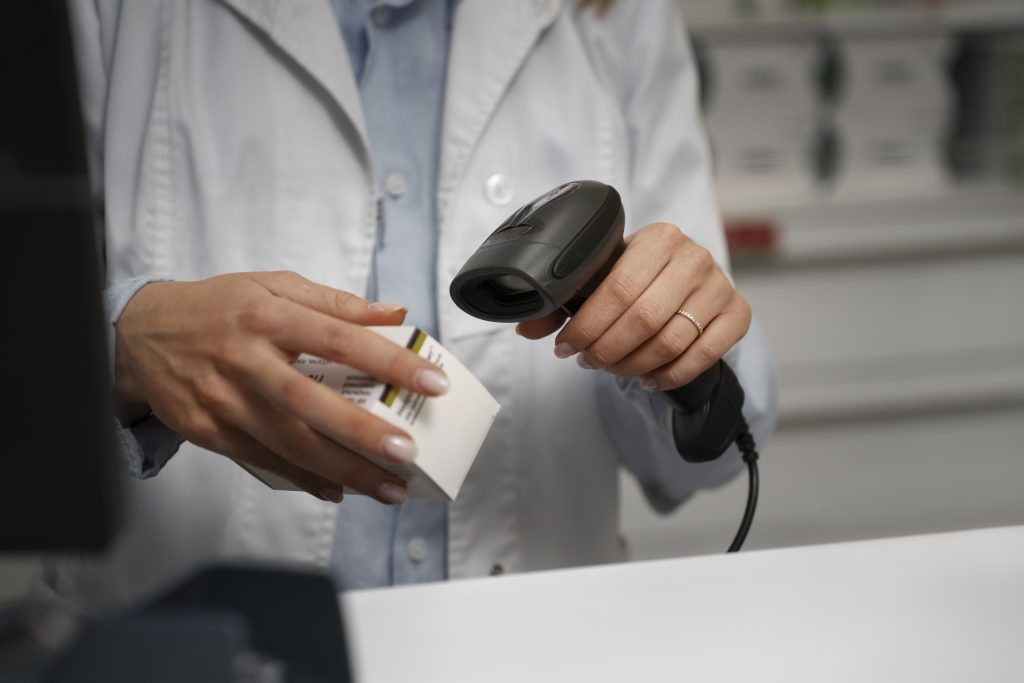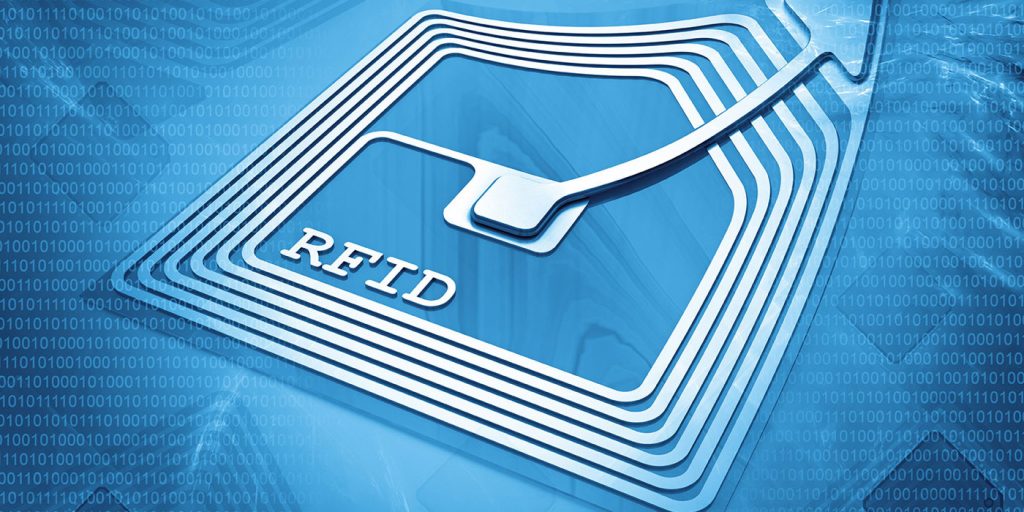RFID is Driving the Healthcare Industry: Here’s How

RFID technology has the potential to revolutionize the healthcare sector. By enhancing inventory management, patient safety, workflow optimization, and overall care quality, RFID technology can bring significant improvements to the healthcare industry. In this blog post, we will explore the advantages of utilizing RFID in healthcare.
Why RFID is important in healthcare operations
The healthcare sector is experiencing a significant demand for enhancing patient safety, reducing costs, and driving efficiency. RFID technology can provide a viable solution to address these intricate challenges.
RFID technology in the healthcare sector will lead to:
- Individualized medical care for patients
- Enhanced effectiveness of operations
- Decreased incidence of medical errors
Another reason why the healthcare industry can benefit from radio-frequency identification is because it can enable real-time tracking and management of medical assets. Through the automation of inventory management, RFID effectively enhances productivity by minimizing manual errors and saving valuable staff time. In critical situations, staff can swiftly locate essential equipment, guaranteeing its immediate availability.
Cloud-based RFID technology has the potential to enhance the medical supply chain. This innovative solution allows for the seamless monitoring of pharmaceutical products throughout their journey, from the manufacturer to healthcare facilities. By doing so, it effectively mitigates the risk of counterfeit and fake products. This technology empowers healthcare providers with data-driven insights, enabling them to allocate resources more efficiently and achieve significant cost savings.
Keys to patient safety using RFID
RFID is essential to patient safety. RFID wristbands provide precise patient identification, reducing the risk of misidentification and medication errors. Only authorized workers can access the vital medical data stored on these wristbands.
RFID technology can also track the movements of patients within the hospital, enhancing security measures. It proves particularly beneficial for individuals with conditions like dementia, who may be prone to wandering.
What healthcare facilities need to know about RFID
The Basics:
Components: RFID systems consist of tags (attached to objects or people), readers (to detect tags), and a system (to process the information).
Types of Tags: Active tags have their own power source, often a battery, whereas passive tags have no internal power source; instead, are powered by the RFID scanner.
Applications in Healthcare:
- Asset tracking
- Patient reporting
- Inventory management
- Staff management
- Visitor monitoring
- Medication administration
- Surgical instrument tracking
The future of RFID technology in healthcare:
- Integration with IoT: Combining RFID with Internet of Things (IoT) for more advanced healthcare solutions.
- Real-Time Location Systems (RTLS): Enhancing real-time tracking and monitoring capabilities.
- Advanced Analytics: Leveraging RFID data for predictive analytics and improved decision-making.
Vanguard ID Systems is a leading manufacturer specializing in custom-made card solutions and RFID technology. Our range of custom card solutions includes gift cards, loyalty cards, and direct mailers, all of which can effectively enhance the exposure of your brand and attract a wider customer base. Our RFID technology solutions are designed specifically for your business needs, enabling you to enhance efficiency and profitability throughout your organization. Our personalized RFID solutions include labels for inventory management and asset tracking, and bands and cards for access control to name a few key areas. Contact one of our Vanguard ID Systems Technical Representatives today at 1-800-323-7432 or email us at info@vanguardid.com


